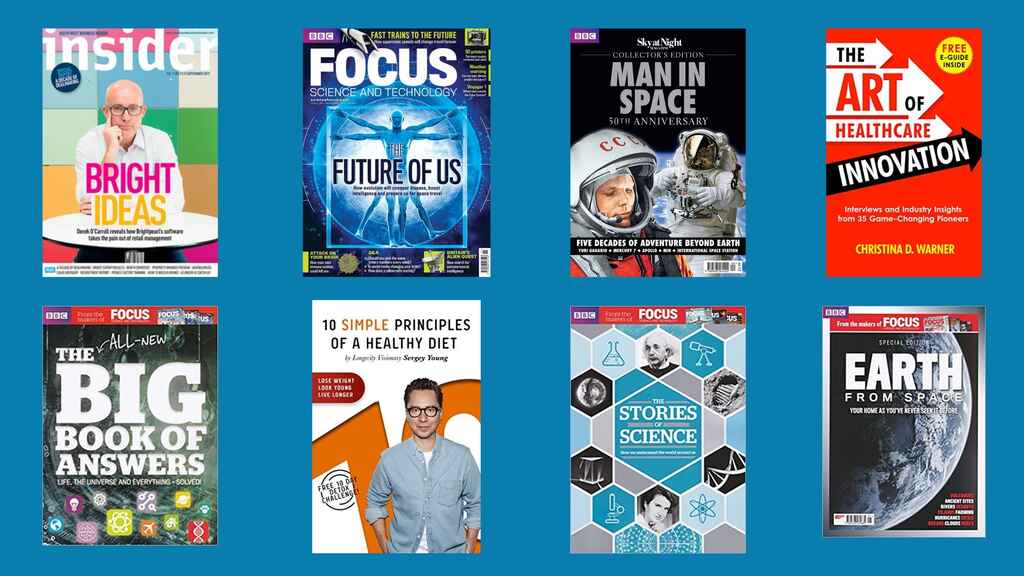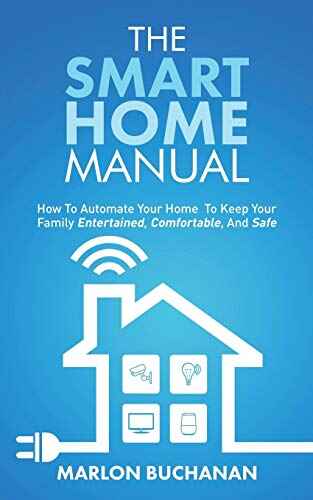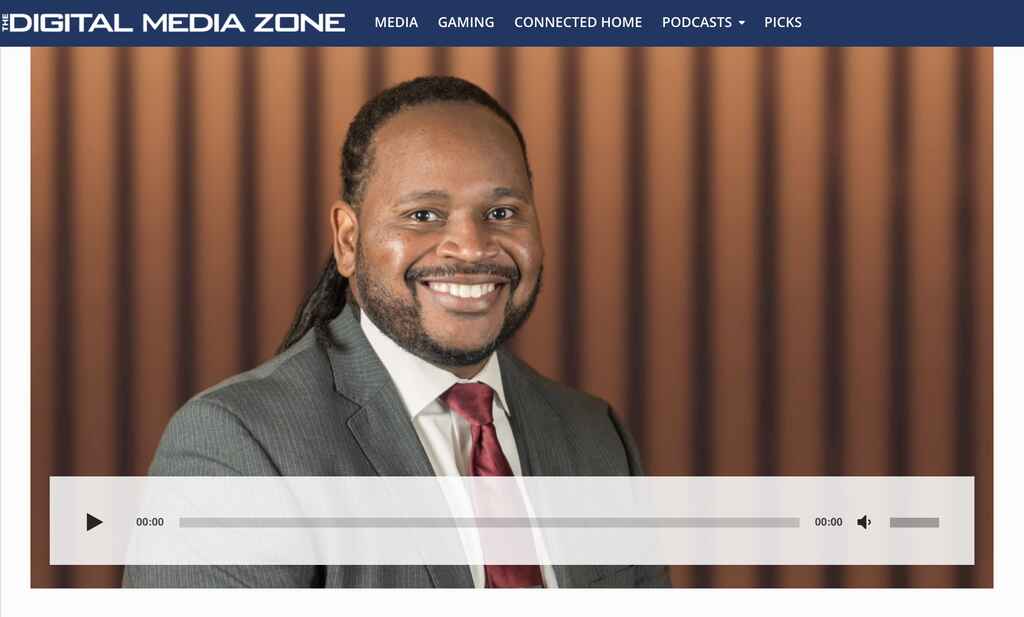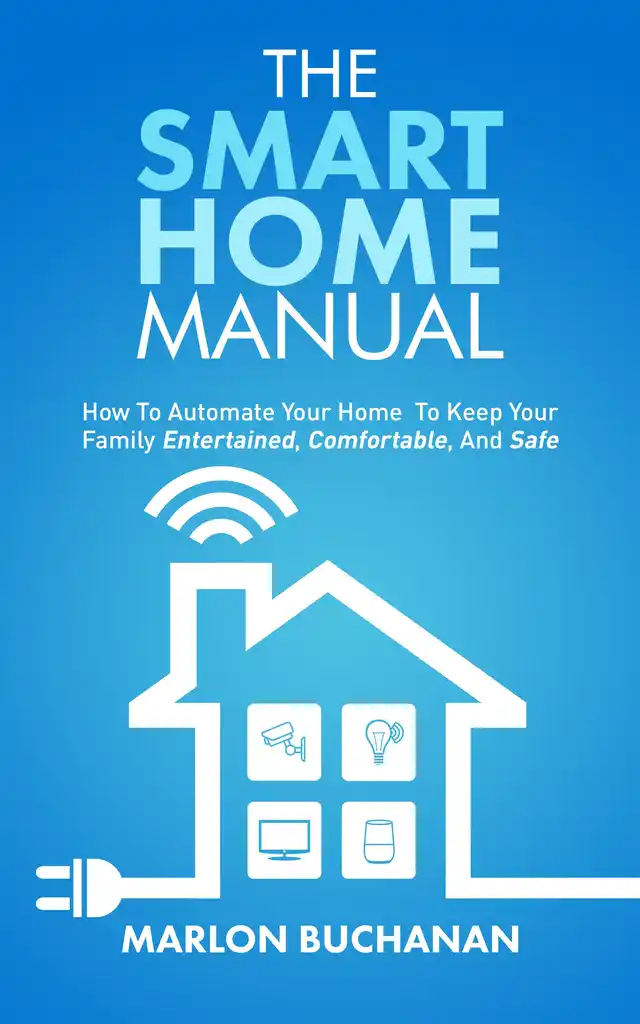After Marlon Buchanan wrote about at-home technology for years on his blog HomeTechHacker, he wanted to create a book. He was an experienced writer, but publishing a book required the help of an expert: a professional nonfiction editor.
How do I create a guide that readers will trust?
When it came to publishing my first nonfiction book, I wanted to provide a resource for anyone without a technical background interested in making their home smart. I wanted the book to be clear and easy-to-understand and an expert guide of professional quality. Just like with my blog, readers should feel like they were in safe hands.
If I wanted my book to be taken seriously in the competitive publishing world, I knew I needed an editor. So I looked for advice on self-publishing and found Reedsy. Reedsy popped up with thoughtful and educational resources every time I Googled questions about publishing. With their guide to professional editing and cost estimation tool, they helped me figure out what kind of editing I needed and what I could expect. Based on this information, I decided on an editorial assessment.
Searching for an editor, I wanted someone with experience in the nonfiction genre, someone who knew how to perfect my friendly, yet professional approach and meet industry standards. I combed through the well-reviewed Reedsy marketplace and found Graham Southorn. His offer clearly laid out his experience with nonfiction authors and included a concise list of what his editorial assessment would provide: 3-4 pages of written feedback addressing key elements like chapter length or openings and endings, and an optional Zoom call. As a first time author, I appreciated the clarity.

Editing my book so it could compete in the nonfiction market
While I knew from the beginning that working with an editor would give my book the professional edge I desired, I hadn’t realized how important Graham’s knowledge of the nonfiction market would be.
The first thing he did to inform his assessment was a market scan to compare my book with similar books already published. Comparing my book to these titles, Graham concluded that my strengths were my concise and conversational writing style, but crucial weaknesses were: a lack of authority and my vague title. If I wanted readers to trust my expert opinion, then I needed to show what I had to offer — starting with the title.
What’s in a name?
I'm embarrassed to say that my initial title was Turning Your Home Into a Smart Home. Yeah, that needed work. We brainstormed some ideas together, and Graham suggested that I poll my blog readers and see which one they liked best. That turned out to be gold.
Based on the readers’ feedback, we decided on The Smart Home Manual: How to Automate Your Home to Keep Your Family Entertained, Comfortable, and Safe.

Why should anyone listen to me?
I won’t summarise all of Graham’s invaluable suggestions here, but perhaps his most impactful contribution was his advice to emphasise my authority as a subject matter expert. Alongside adding case studies and fleshing out my glossary, Graham suggested adding a preface or ‘about me’ section. He explained how important it is for nonfiction writers to communicate a sense of authority and even gave me a list of questions and topics I could address to give the book a compelling introduction.
I ended up talking about how I got into smart homes, my IT background, and how easy and safe a smart home made life for my family. This blend of personal and professional showed readers they could trust me and set up the right tone for the rest of the book.
Beyond Graham’s fantastic suggestions, I was struck by his upbeat attitude. He was as much a coach as he was an editor. His feedback was accompanied by positive comments which motivated me to do a great job on my revisions. He made me feel like I might actually have a good book on my hands.
My book turned out more successful than I expected
Before I started writing my book, I would’ve been happy if just one person bought it. Thanks to the help I received from Graham and Bob Roginsky (my Reedsy proofreader!), The Smart Home Manual has exceeded my expectations. It has hit #1 in a number of Amazon categories and continues to sell copies consistently. I’ve received many favorable ratings (4.1 average on Amazon!) and reviews like the Reading Fanatic Reviews’s verdict: “The author clearly knows his stuff”. It’s clear that Graham’s advice about establishing my authority and adding a preface was spot on.
Other than that, I’ve also been featured on the podcast of The Digital Media Zone, a leading blog on digital media, and was invited as a speaker to a smart home conference.

Of course, these marketing opportunities didn’t just fall into my lap and required active marketing and publicizing on my end. But without Graham’s knowledge of the nonfiction market and his emphasis on establishing authority, I don’t think my book would have been taken as seriously. As it stands, my book has definitely been more successful than I planned, and I’m already working with Graham for my next book, as well!

